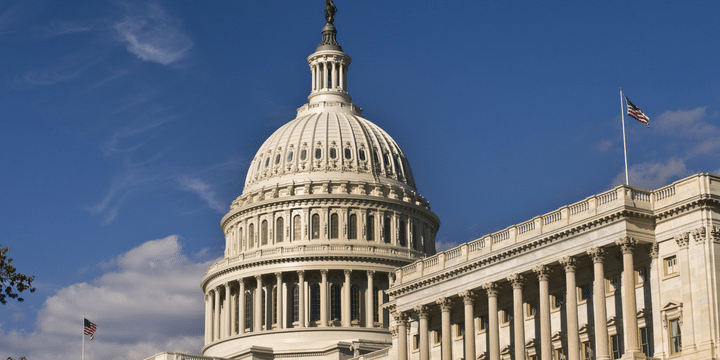It’s Time for Term Limits in Congress

Term limits are one of the best ways to clean up Washington, D.C. Limiting time spent in office is a great way to keep the power in the hands of the people.
The Heritage Foundation presents the argument well:
Term limits are a powerful political force, as demonstrated by the results of numerous state referenda, state legislative outcomes, and candidate election results.
Term limits are a vital political reform that would bring new perspectives to Congress, mandate frequent legislative turnover, and diminish incentives for wasteful election-related federal spending that currently flourish in a careerist congressional culture.
Term limits as enacted on the state level are constitutional as a legitimate exercise of the states’ power to regulate their own elections.
Term limits are opposed primarily by elected officials and the special-interest groups that depend on them because the weakness of the case against term limits does not appeal to the public.
Term limits have a promising future on numerous political fronts, such as candidate elections, state referenda, state and federal legislative action, and congressional and presidential politics.
Congress needs term limits. The only problem is those who are in power rarely wish to give it up. The longer they stay, the more likely they are to be swayed by corruption and to forget why they came to represent their constituents in the first place. There are some lawmakers like Sen. Ted Cruz who are very aware of the issue and have been working to pass a constitutional amendment to limit House members to three terms (6 years) and Senators to two terms (12 years). With the pressure from members of Congress who still truly represent the people and with intense pressure from constituents will Congressmen cede to the will of the people and implement term limits.